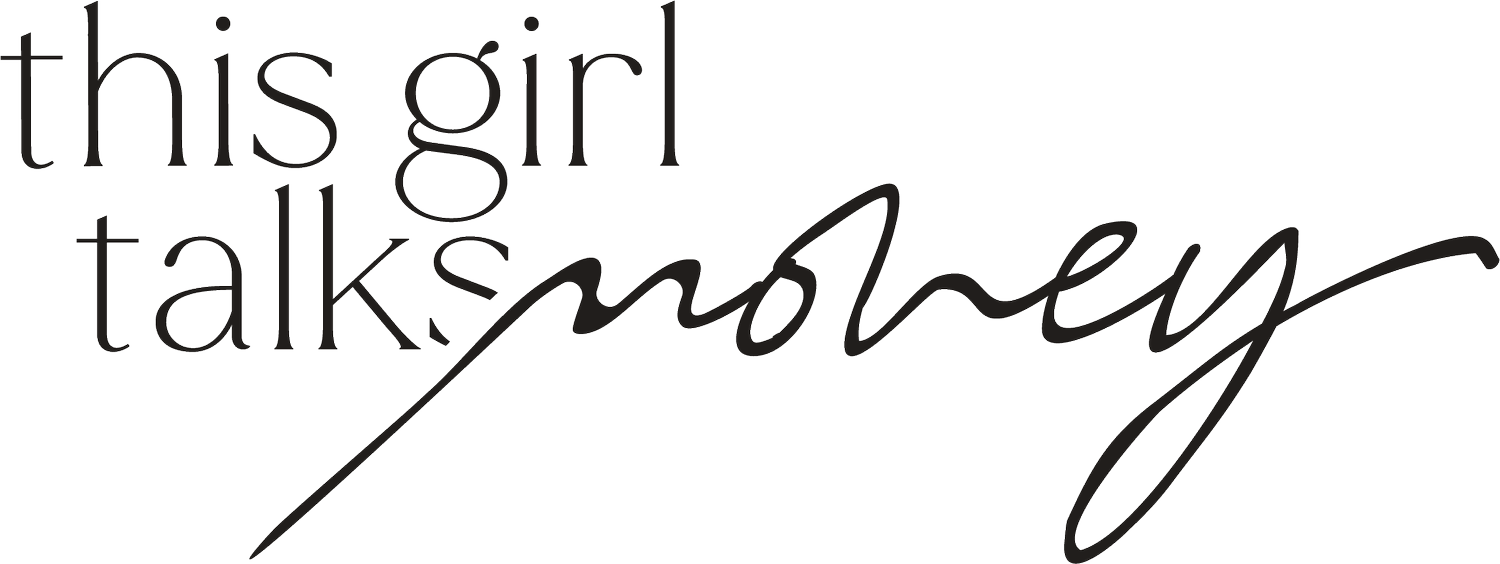Why more money might not be the answer
Living in the modern world full of social media highlights and shiny adverts telling us more is better, it’s easy to get swept away in the hype. Of course, for all of us there is a minimum amount of money that allows us to feel less stressed, meet our financial obligations and be able to enjoy our lives (which isn’t always free!). But are we being misled by the myth that more money is the answer to success? Let’s dig in a bit deeper...
What even is success?
The number one problem with the assumption that more money means we are more successful is that we each have different ideas of success, and it definitely isn’t always a tick box exercise. Have you ever read a story about someone who rose up the career ranks, collecting pay rises on the way, only to discover that they weren’t fulfilled?
Psychology expert and coach Emily Drake explains in the latest episode of Money Unfiltered that this is where she found herself within her career a few years ago. Only when Emily looked at her own values did she realise that her stereotypically successful career wasn’t aligned with one of her core values: passion.
Lots of us end up in a similar position, because we don’t all that often sit down to define for ourselves what success really means. That can lead to bumps in the road, when we find out that our own idea of success isn’t the same as what we’ve been led to believe.
According to Emily, until we figure out our intrinsic values - a moral or ethical way of being - and our extrinsic values, aka an external activity you enjoy, it’s very difficult to work out our own version of success and fulfilment which ultimately, makes us happier for the long term (and not just for a minute at the checkout).
So how do you start to figure out what success looks like?
Firstly, figure out how happy you are with every aspect of your life right now. Make a list and rank each area out of ten in terms of how satisfied you are with them - from work, health, fitness, home, hobbies, education, finance (the list keeps on going).
Then, ask yourself how much time, energy and focus you spend on each area of your life listed. There’s often a clear correlation between the satisfaction we have with an area of our life, and the time we dedicate to it. Once you’ve worked out what areas of your life you do want to focus on, you can start to look at your values.
Ever wondered why something doesn’t sit right with you, or why certain people just don’t click with you? Most often it’s because they don’t align with your values. But it’s not unusual that we don’t actually know what our own values are.
If you’re ready to define your core values, go through a list (Emily recommends this one) and look for the key values that stand out. Think about why each value is important and aim to narrow down the list to four or six core values. Once you hit the nail on the head, you’ll be surprised by how much more you understand yourself and what matters to you.


